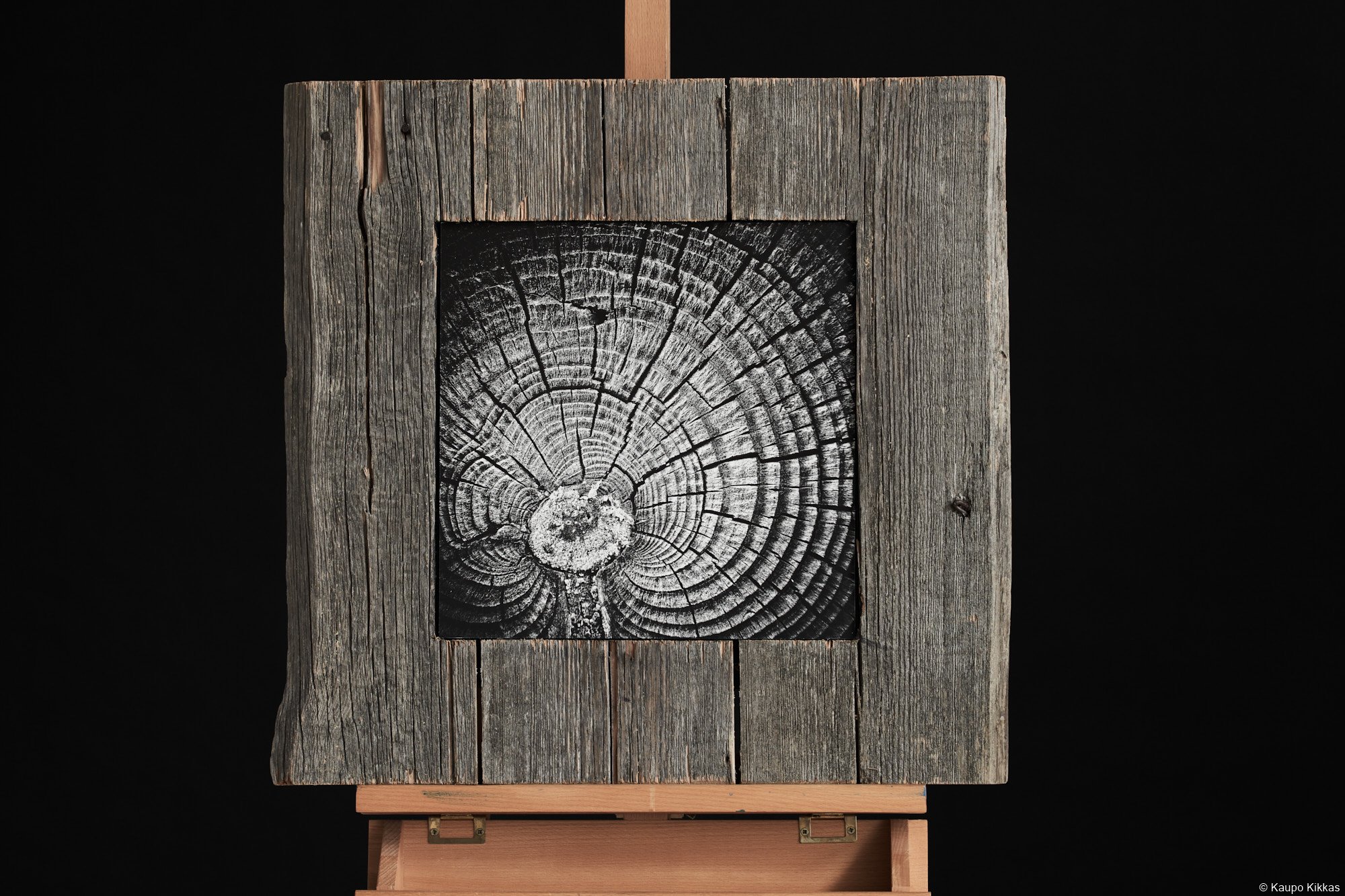Treescape
For years, I have looked for a way to represent trees. Trees are usually defined by a mere biological classifier. Trees are the most obvious part of the space around us that we take them for granted. However, I still feel that there is much more to trees. When attempting to describe that feeling, I discovered I can't find words for it. So I have been attempting to say it with a camera, giving my thoughts freedom and hoping that my eyes and hands can do more with a camera than the rigid vocabulary we have been taught. I am not a tree hugger, nor am I particularly religious. But when I’m standing in the forest, I always overcome with a desire to describe trees. I have been aided a lot by the writings of Herman Hesse and Valdur Mikita -- perhaps not the texts themselves but the authors’ desire to describe a feeling that cannot be described. Old, wind-worn, grey planks of wood have caught my eye as long as I can remember. I have always had great affection for old houses and fishing sheds. Even though a tree which is part of a structure has been dead for hundreds of years, I see a story in the cracked and patterned plank. I have also used such wood in my work. For the first hundred years a tree matured; the next hundred it was part of a wall; and now that a building has decayed and nature reclaimed it, I picked up the old wood and gave it a role in my own story. In order to stress what is important and to remove as much of the natural environment from a picture as possible, I have chosen the classical black and white medium. The pictures have a lot of texture and patterned dynamics accompanied with several double exposures. “Treescape” consists of 50 works of varied format which are available in numbered original editions. In addition to those, face mount acrylic miniatures of the works are also available.
"Treescape" catalogue in .pdf






























